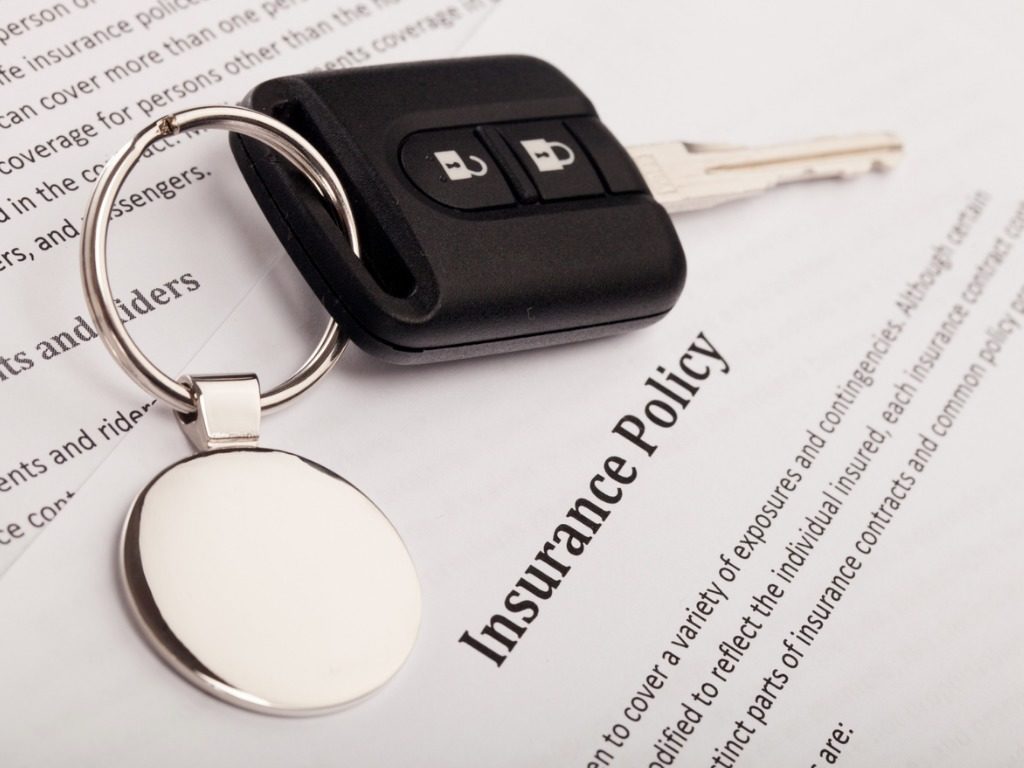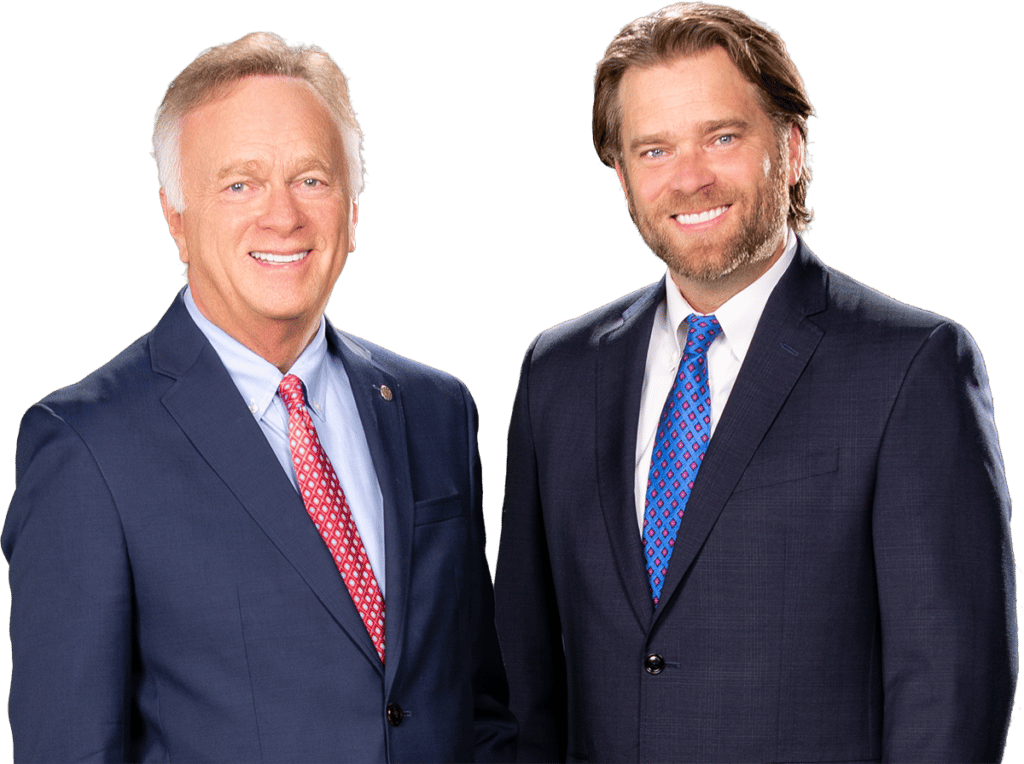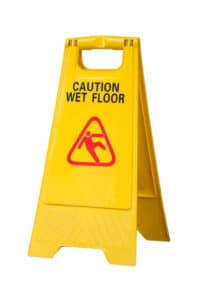Providing a Recorded Statement for an Insurance Claim

Accident victims always ask us “should i give a recorded statement to the insurance company?” The anwer is your best bet is to contact a car accident attorney at Richar Harris Law firm before you give any statements to the insurance company.
It doesn’t matter if you are dealing with Geico, State Farm or Progressive, you should always call our law firm for help.
If you were in a car wreck and made a claim to your insurance company then there are multiple steps that must be done prior to you getting your settlement.
First off, the insurance company will need to investigate what happened.
Typically, they will have an adjuster do that leg work.
They will review the police reports and will also inquire with you about the details of what exactly happened.
When the reach out to you, they will do so on a recorded line and will ask you questions in an interview style.
Be aware of that situation though and always remember that the adjuster is working on behalf of the insurance company, not you!
Have the knowledge to know that you do not need to provide the recorded statement right away and can delay it. In some cases, you do not even have to provide one.
Insurance Adjusters
The insurance company will want to obtain the recorded statement in a timely fashion so that they can get the claim going and the sooner they interview you the more fresh the details will be in your mind.
For most people though, getting into an automobile accident is a traumatizing experience.
Often times there are injuries involved and fuzzy details until the person involved can clearly think about what happened. Adjusters rushing to get the interview done have many tricks in their arsenal and are well versed at asking certain questions.
Many of which are designed to trip up the interviewee.
That is why it is always a good idea to seek out legal assistance in any traffic incident (ticket, citation, car wreck, etc…).
Regardless of who is at fault you will want assistance especially when dealing with a large insurance company who deals with these issues each and every day.
It can be quite intimidating navigating this process on your own.
Richard Harris Law Firm can help you and we have a convenient location in downtown Las Vegas and are reachable by phone or email.

Reasons for Giving a Recorded Statement
There really are not a lot of reasons to give the recorded statement except to do the right thing and to provide honest answers so that the insurance company can proceed with doing their job (a job that you want them to do which is why you signed up for a policy with them).
By giving the adjuster all relevant information, the insurance company can begin working on the claim investigation which ultimately expedites the settlement to you.
.If another party is involved then it could assist them as well.
Car accidents are annoying at the very least (much more significant if there are injuries) so getting past the situation as soon as possible is really in everyone’s best interest.
Being in a wreck changes the routine for people as they usually have to get a rental car while their car is being worked on.
No one wants to drive around in a damaged car.
Aside from that, having to schedule interviews with claims adjusters and navigating the court system is tiresome.
The sooner people can get back to a normal routine the better.
Reasons Against Giving a Recorded Statement
There really is not a legal purpose for giving a statement.
In many cases, the claimant does not have anything to gain by providing one and actually has everything to lose as the statement can actually be used against them which would ultimately lessen their claim.
Most lawyers involved in traffic accidents (to include personal injury) will not advise people to give recorded statements on their own because it is so common that a novice, every day person, says things that will do damage to their cause.
On the other side, is an adjuster who interviews people for a living and is incentivized to do their best to mitigate the responsibility of the insurance company.
Insurance Companies Don’t Like Paying out Money
They know how to ask the right questions and follow up ones as well to help make a better case for the insurance firm.
Even a simple answer to the typical greeting of “How are you doing?” can get the interviewee in trouble.
If the person responds to the adjuster’s question by stating a simple canned answer as “I’m doing good” then that implies that there are no significant injuries or mental issues.
If you were injured from a car accident then you would not be “doing good” so by stating that you are, the interviewee is already putting their claim in jeopardy and at the very least are likely diminishing the settlement.
Again, this is a good reason to hire Richard Harris for assistance.
The insurance companies and those working for them are well versed to the ways of getting out of claims.
Hiring a good injury lawyer is crucial to dealing with medical bills, car repairs, and other bills. You can look at legal digital marketing agenciesfor help or you can call a lawyer directly.
Most likely the policyholder on the other end is a novice, not accustomed to these sorts of things and inexperienced in dealing with car accidents so getting legal assistance is really a no brainer.

Contact Richard Harris Law Firm
If you do hire an attorney, they can be present with you when you provide your recorded statement.
That is a big deal because they can prevent you from making a statement that will damage your case.
They will also be able to help you interpret some of the nuanced questions that an adjuster will ask.
If they ask you an open-ended question, the attorney may ask for more specifics so that you can simply answer their question without providing more details than what is necessary.
Are you Obligated to Provide a Recorded Statement?
The answer to this question really depends.
The insurance company might make it sound as if you have to provide a recorded statement but that is not always the case.
If you are making a claim with your own insurance company then you will probably need to submit a recorded statement.
Whether you realize it or not, there is probably verbiage within the fine print of your insurance policy that pertains to the obligation of providing a recorded statement.
This really only deals with first-party claims.
1st Party Claims
A first-party claim means you are dealing directly with your insurance.
As an example, if you were driving and ran into a wall causing damage to your car but not involving anyone else then that would be a first-party claim.
The verbiage within your policy is most commonly referred to as a “Cooperation Clause”.
The example below might be what that clause resembles:
“The policyholder has a duty to cooperate in the investigation of any claim that he/she brings to our attention. This would include the submission of all documents and communications relating to the said claim. The insured must also give authorization to obtain medical and other records and will provide any other relevant information and communication that might be deemed necessary to process the claim. If the insured fails to abide by these directives it may result in claim denial.”
Third Party Claims
Third-party claims do not require you provide a statement.
A third-party claim is when you have a car accident that involves another person and you are making a claim with their insurance.
For instance, if you are driving in a parking lot and get rear ended by someone causing extensive damage to your vehicle then you will make a claim with their insurance company making this scenario a third-party claim.
In any case, always remember that you are in a binded contract with your insurance company.
Your policy serves as a contract in which both parties need to fulfill their obligations.
Just because you may have a clause within the policy that states you have to provide a recorded statement does not mean you have to do it alone.
You do have a right to get legal representation that can walk you through the process and help you along the way.
If you decide to take a situation like this on your own then be careful of a few things.
Careful With Making a Recorded Statement
Never make a recorded statement under certain conditions where you find yourself less cognizant than usual.
This could include a time while suffering from injuries due to the car accident, having a lack of sleep, being overstressed or while in pain.
Also, before providing a statement, you should run through it in your head a few times to even write down the main points.
Doing so will ensure that you capture all of the details.
Many people will also record the statement themselves (in addition to the adjuster).
By doing so, they have a record of what was said and can be assured that nothing is edited or taken out of context.
There are many tools online that can help you with the recording process.
The most important thing though is to be honest with your answers but to also be sure that you are not taken advantage of by the insurance company.
Having a professional legal representative that is versed in traffic law and dealing with insurance companies will provide you with the confidence you need when providing a recorded statement.





























